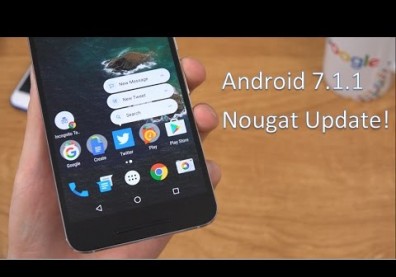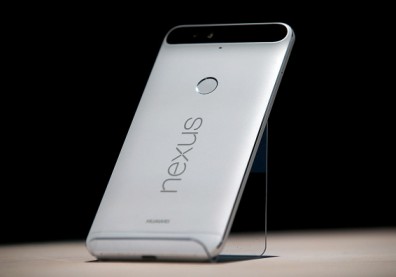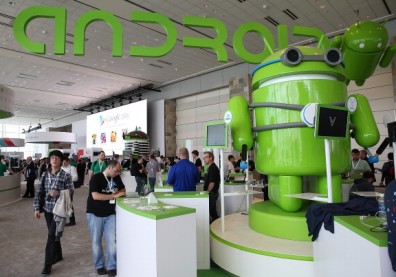Google Nexus is dead and Pixel is apparently taking over its spotlight. Google's approach to stamp out the Nexus brand to give way to Pixel, the latest flagship phone of the company has implications over the launch of a new device. A lot of big changes have been done than just rebranding the screen-based hardware.
It simply signals a huge transition from a developer-enabling "proof of concept line of phones that fall under the Nexus brand to an effort to contend with other flagship phones from Samsung, Apple, and Microsoft. The Surface from Microsoft is probably the closest analog to the Pixel. Initially floated as a statement of what was likely to happen when it comes to Windows hardware, it has then transformed into a major element of Microsoft's products and services game plan.
The Google Pixel phones boast the latest Android 7.1 platform and an incredible, Google Assistant. Apart from that, it is also equipped with a superb hardware design, powerful camera, and enormous storage. According to Extreme Tech, Google is likely to push things further by bringing some of its own silicon for the next future versions of Google Pixel.
More so, ever since the launch of the original Google Nexus One, Nexus has not been actively promoted as a mass market product line by the tech giant company. The attractive price tag and flawless software, however, made them quite known with a lot of non-developers. But today, Google's all new Pixel and Pixel XL are obviously well-engineered to rival with the iPhone 7 of Apple and Galaxy 7 families of Samsung.
This is clearly reflected in the premium pricing of the Pixel. Unlike the Nexus devices, the Pixels are certainly not considered as a bargain. The price ranges from $650 to $870. Therefore, unlike the Google Nexus, these devices are not going to be bought based on low price.










